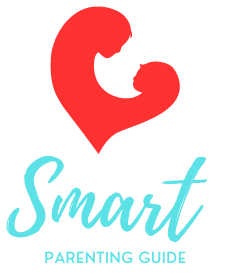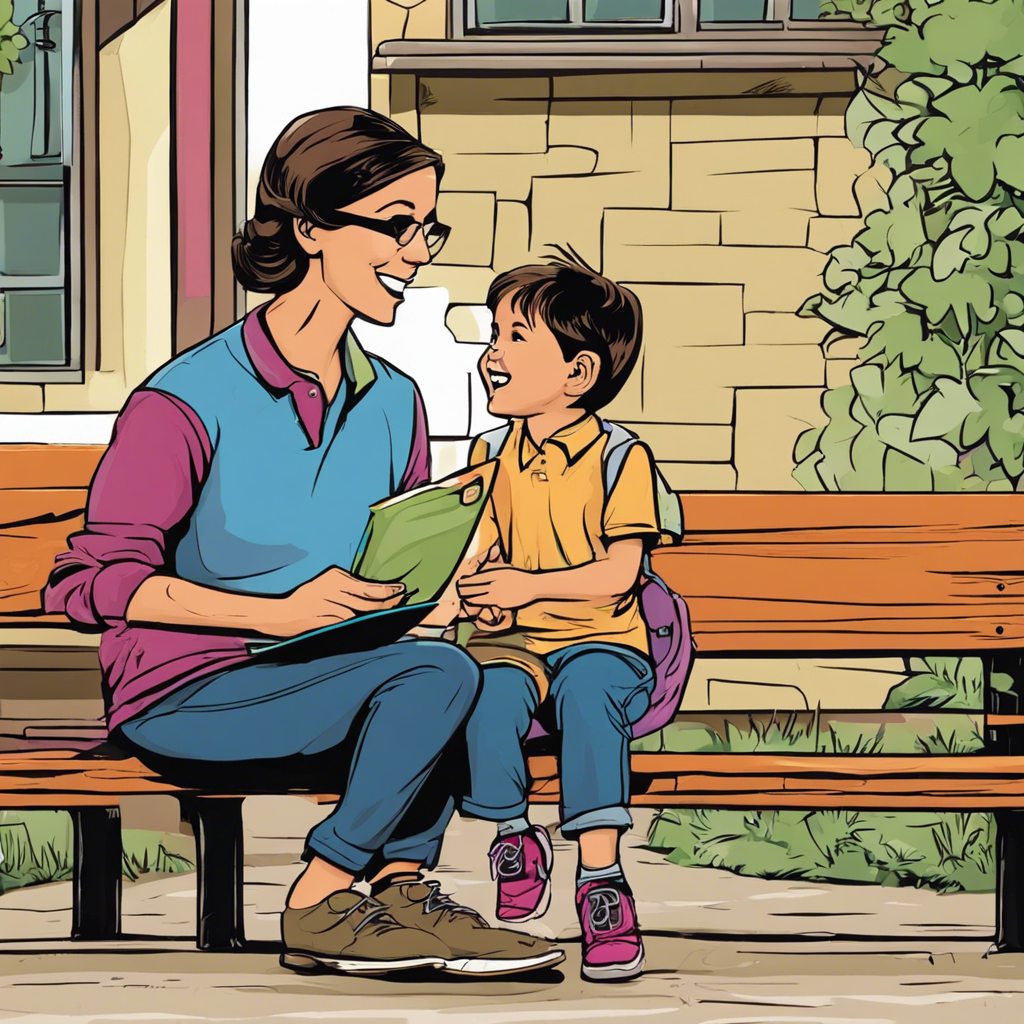Effective communication with your children is an essential aspect of parenting, fostering strong relationships and helping them navigate the challenges of life. As your children grow and develop, the way you communicate with them will also need to evolve. Here are some tips to help you effectively communicate with your kids at every stage of their lives:
From birth to toddlerhood, your child is developing their understanding of language and communication. During this stage, it’s important to talk to your child frequently, using a calm and gentle tone. Read books, sing songs, and describe your daily activities to them. This helps them develop their language skills and creates a sense of security and attachment. Responding promptly to their cries and needs is crucial, as it teaches them that you are a reliable source of comfort and assistance.
As your child enters the preschool years, their language skills and curiosity about the world flourish. Encourage this by asking open-ended questions that require more than a simple “yes” or “no” answer. This prompts them to express their thoughts and feelings, fostering a deeper connection. Storytelling becomes more elaborate, and you can engage in pretend play, which helps them express their emotions and strengthens their creativity.
When your child starts school, their world expands beyond the home, and they encounter a diverse range of people and experiences. Effective communication at this stage involves showing genuine interest in their daily activities and interactions. Ask specific questions about their school day, friends, and interests, creating a safe space for them to share their joys and concerns. This helps them develop the skill of active listening and encourages them to come to you with both the positive and challenging aspects of their lives.
As your child transitions into the preteen and teenage years, their emotions and social dynamics become more complex. It’s important to maintain open and honest communication during this stage, creating an environment where they feel comfortable discussing sensitive topics. Respect their growing need for independence and privacy, and be mindful of your tone and approach when discussing difficult subjects. Encourage two-way conversations where you can share your own experiences and offer guidance without being overly directive.
Throughout all stages of your child’s development, it’s essential to be mindful of your own tone, body language, and listening skills. Effective communication is a two-way street, and by creating a safe, open, and respectful environment, you can foster a deep and meaningful connection with your child that will benefit them throughout their lives.
Remember, effective communication is an ongoing process that requires patience, flexibility, and a willingness to adapt to your child’s changing needs. Each stage of their development presents unique opportunities for connection and teaching moments that will shape their perception of the world and their relationships. By investing time and energy into effective communication, you are building a strong foundation for your child’s overall well-being and happiness. Effective communication also empowers you to guide them through life’s challenges and celebrate their triumphs along the way.
Throughout your child’s life, effective communication will take different forms, but the underlying principles of respect, empathy, and active engagement remain constant. By adapting your communication style to suit their age and developmental stage, you can create a safe and nurturing environment that fosters their growth and strengthens your bond. Parenting is a complex journey, but with the right tools and a commitment to open communication, you can navigate it with confidence and joy. As your child grows, the rewards of effective communication will become increasingly apparent, benefitting both you and your child in countless ways.
In conclusion, effective communication with your children involves adapting your approach as they grow and change. It requires a delicate balance of guidance, respect for their independence, and creating a safe space for open dialogue. By implementing these strategies and staying attuned to your child’s unique needs, you can foster a deep and meaningful connection that will benefit them throughout their lives. Effective communication is a powerful tool that helps navigate life’s challenges and strengthens the bond between parents and children.

